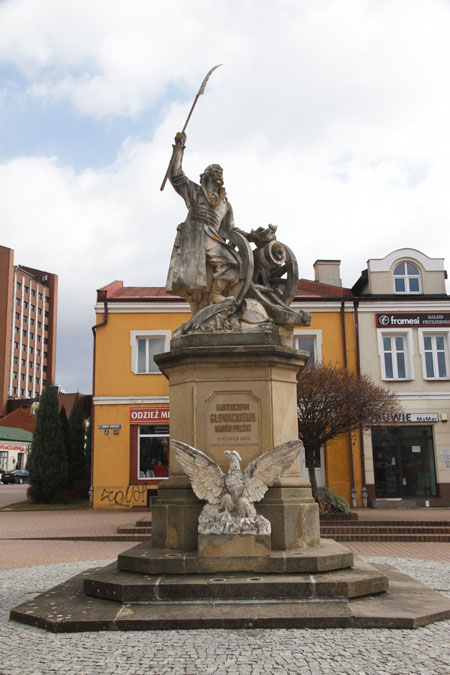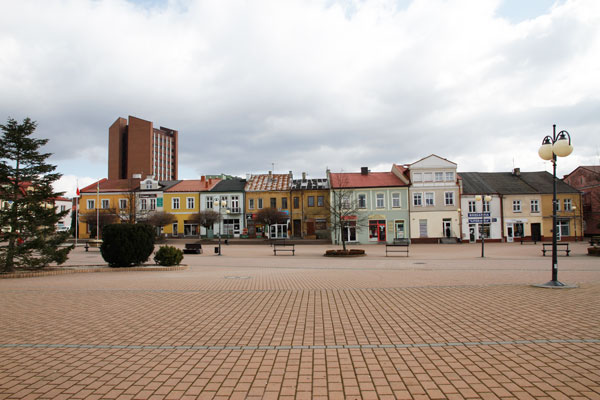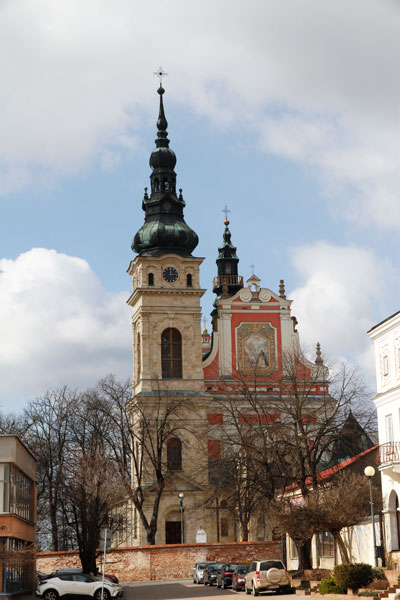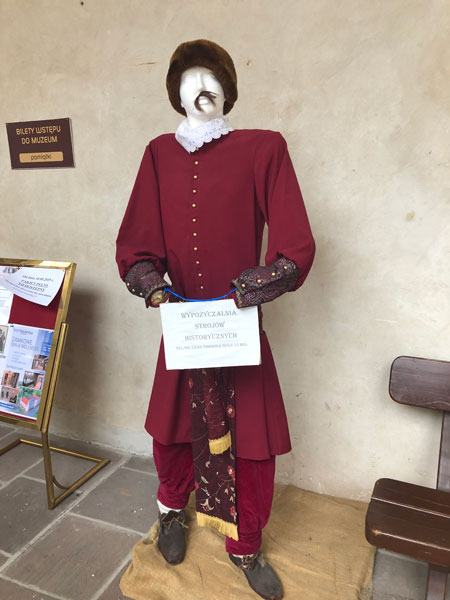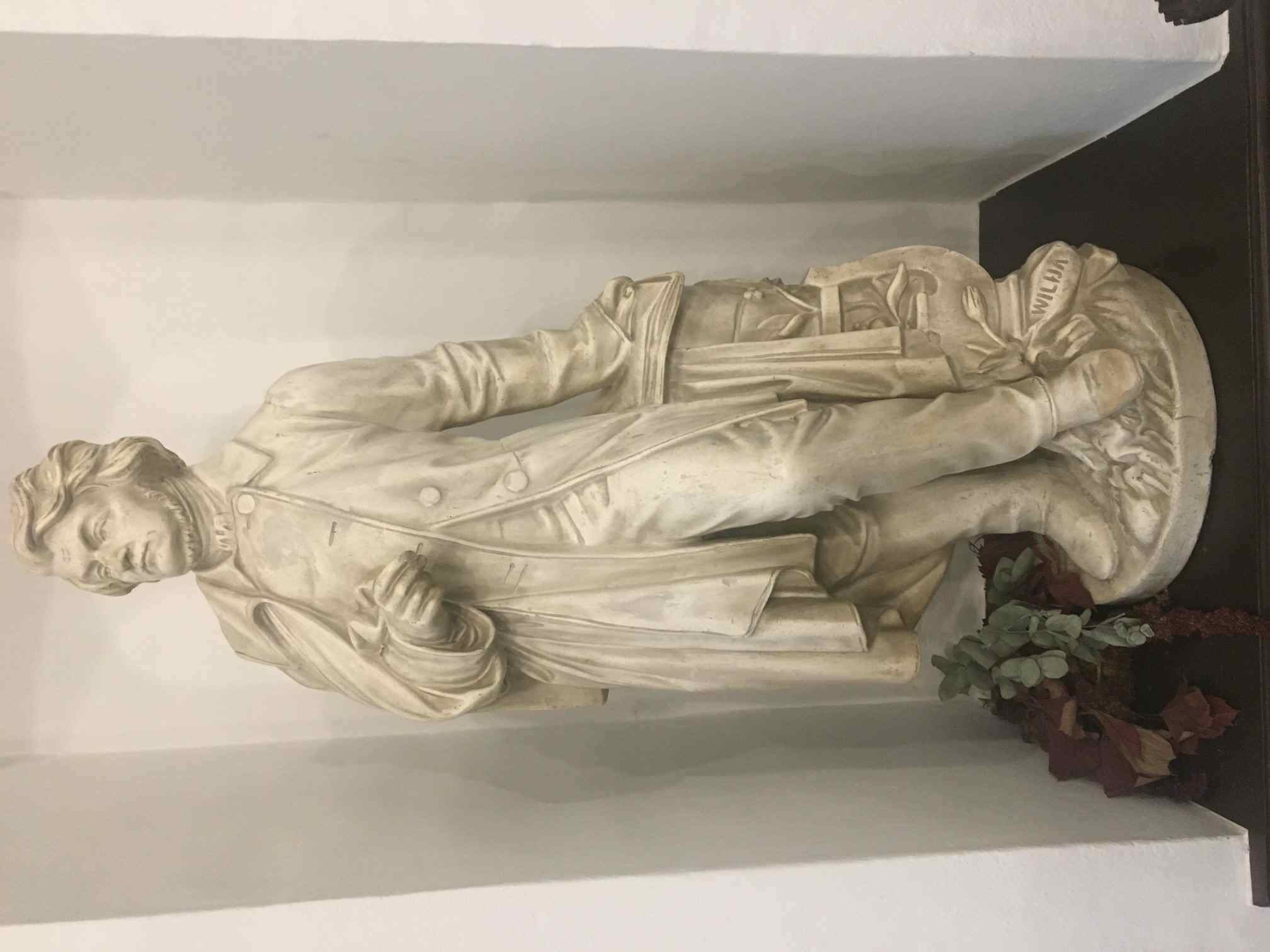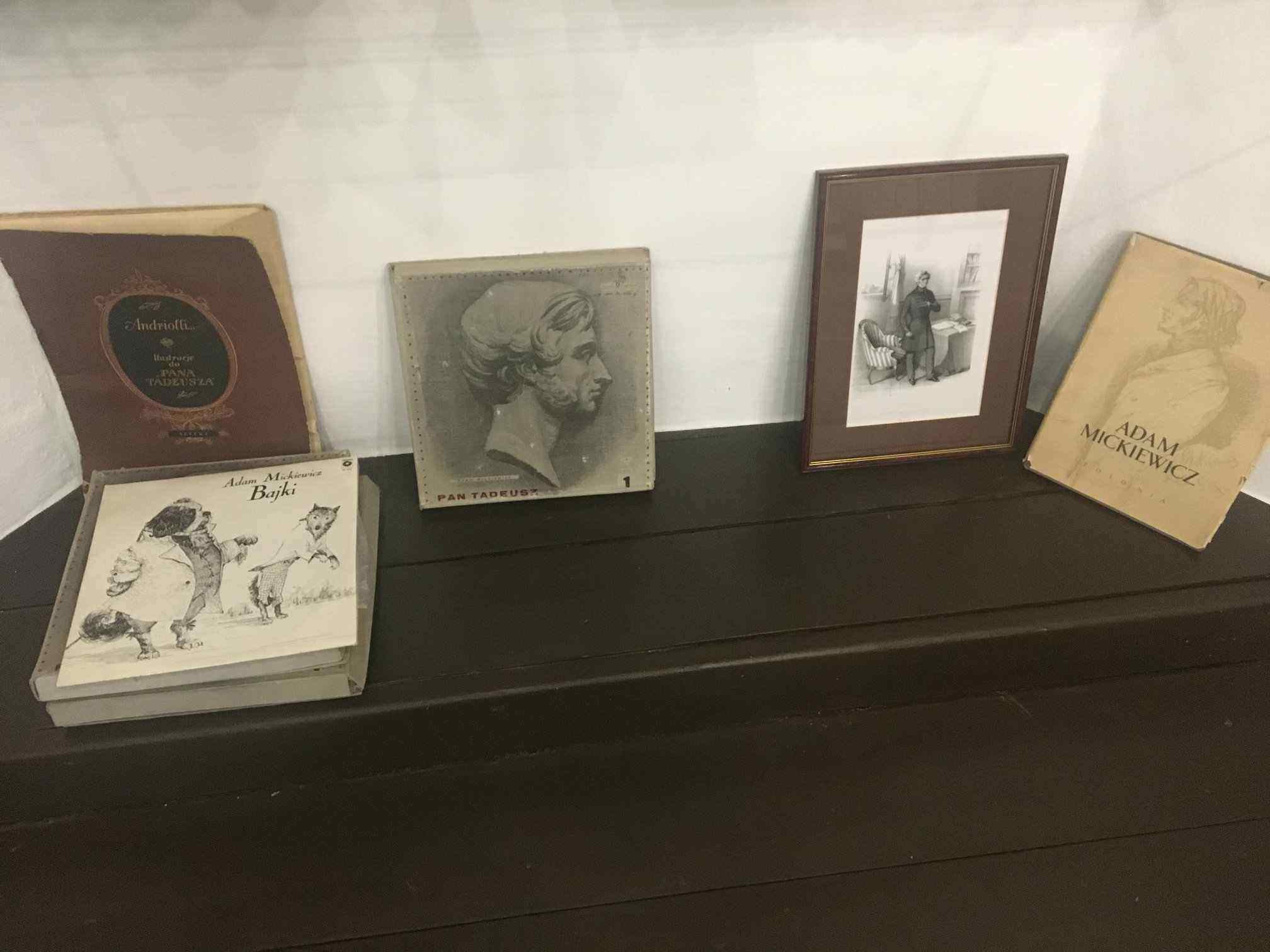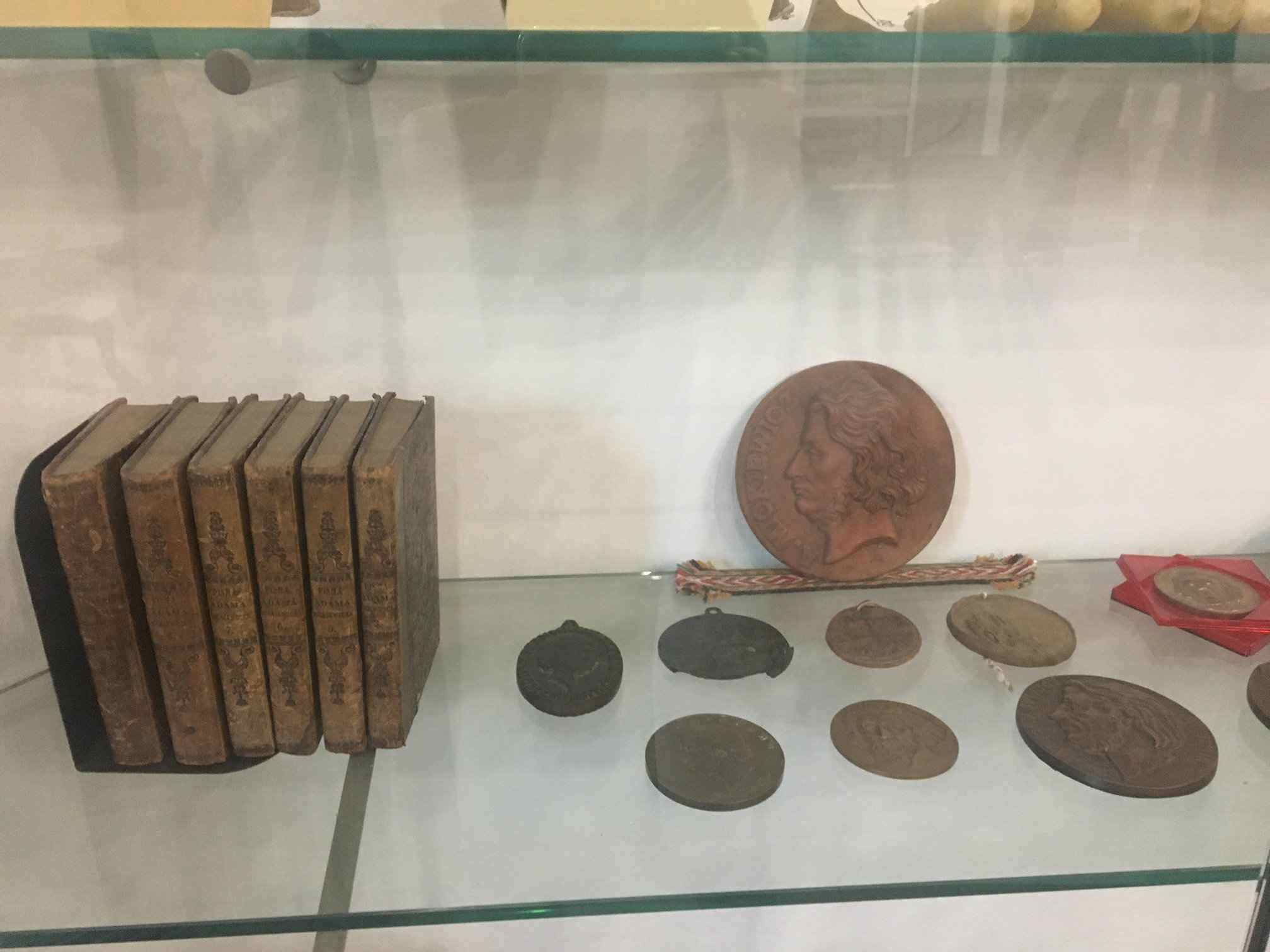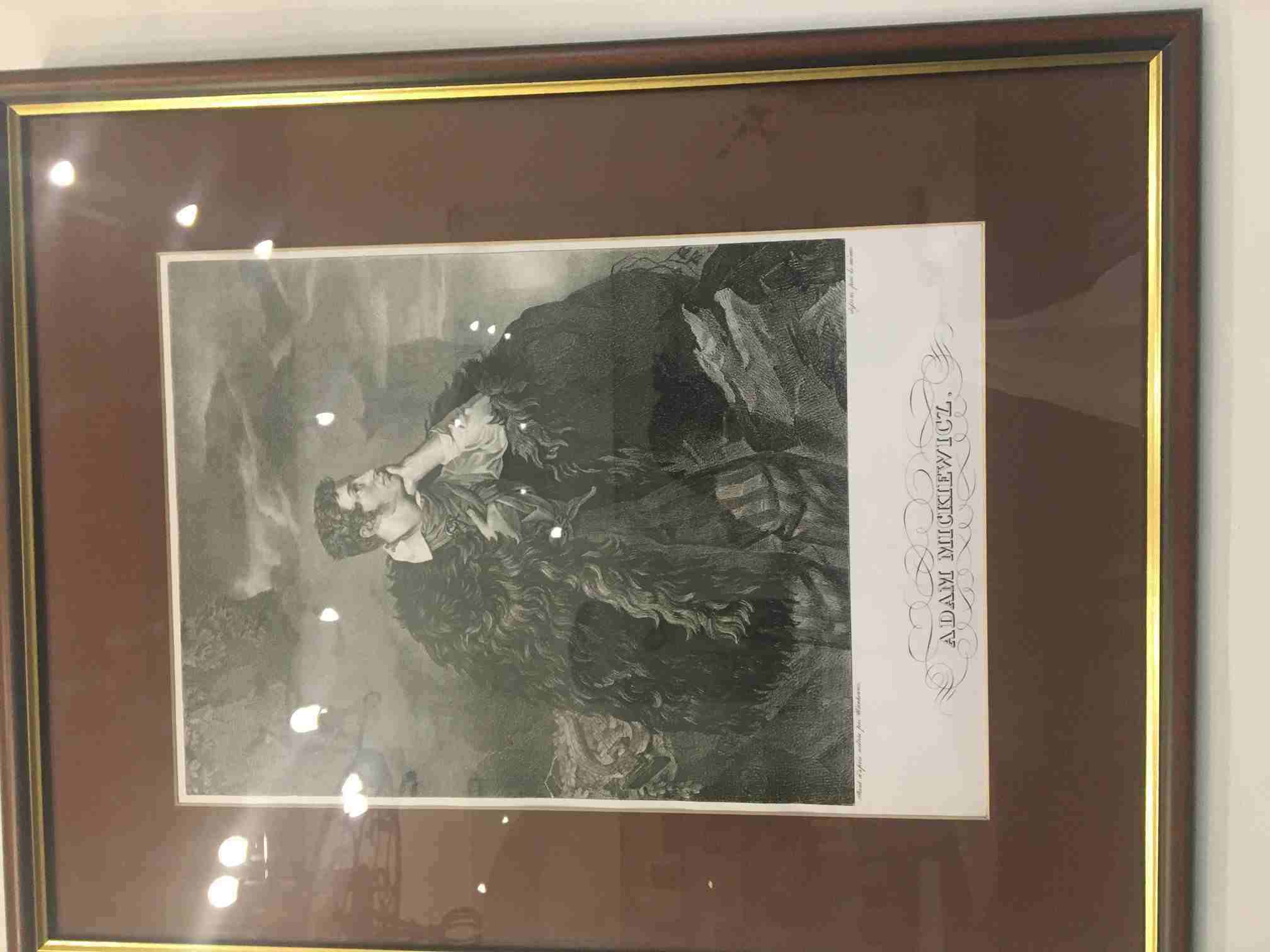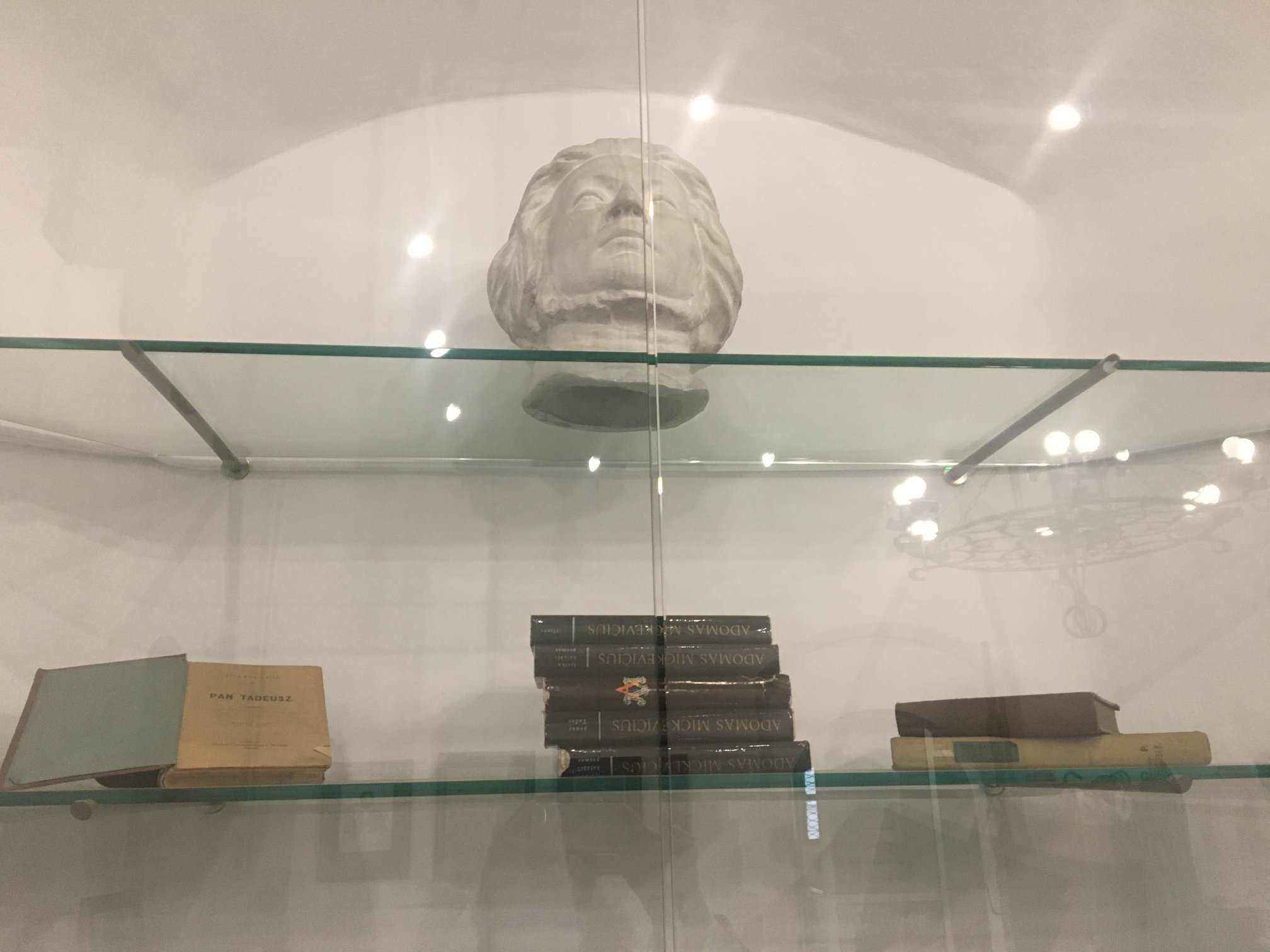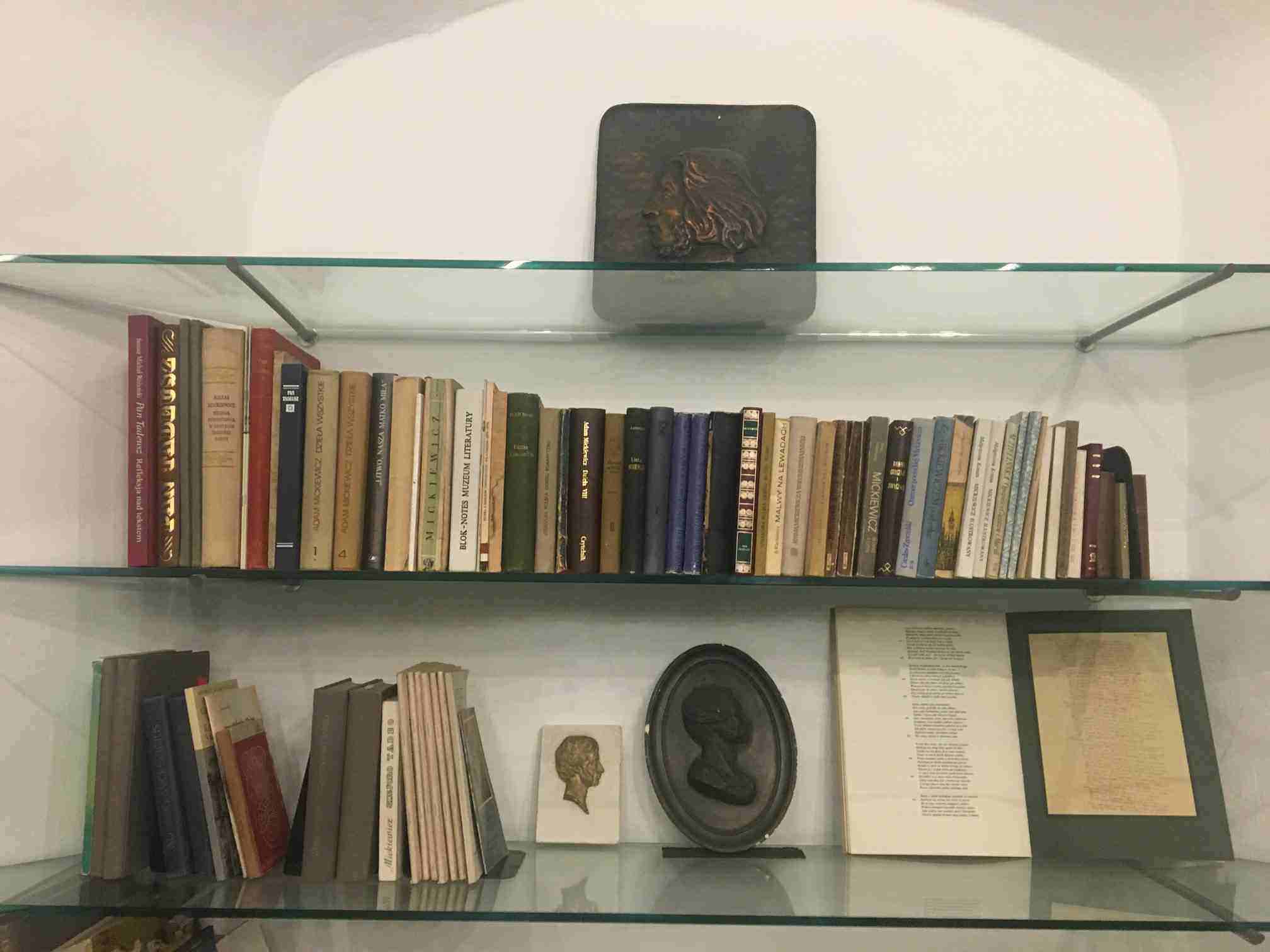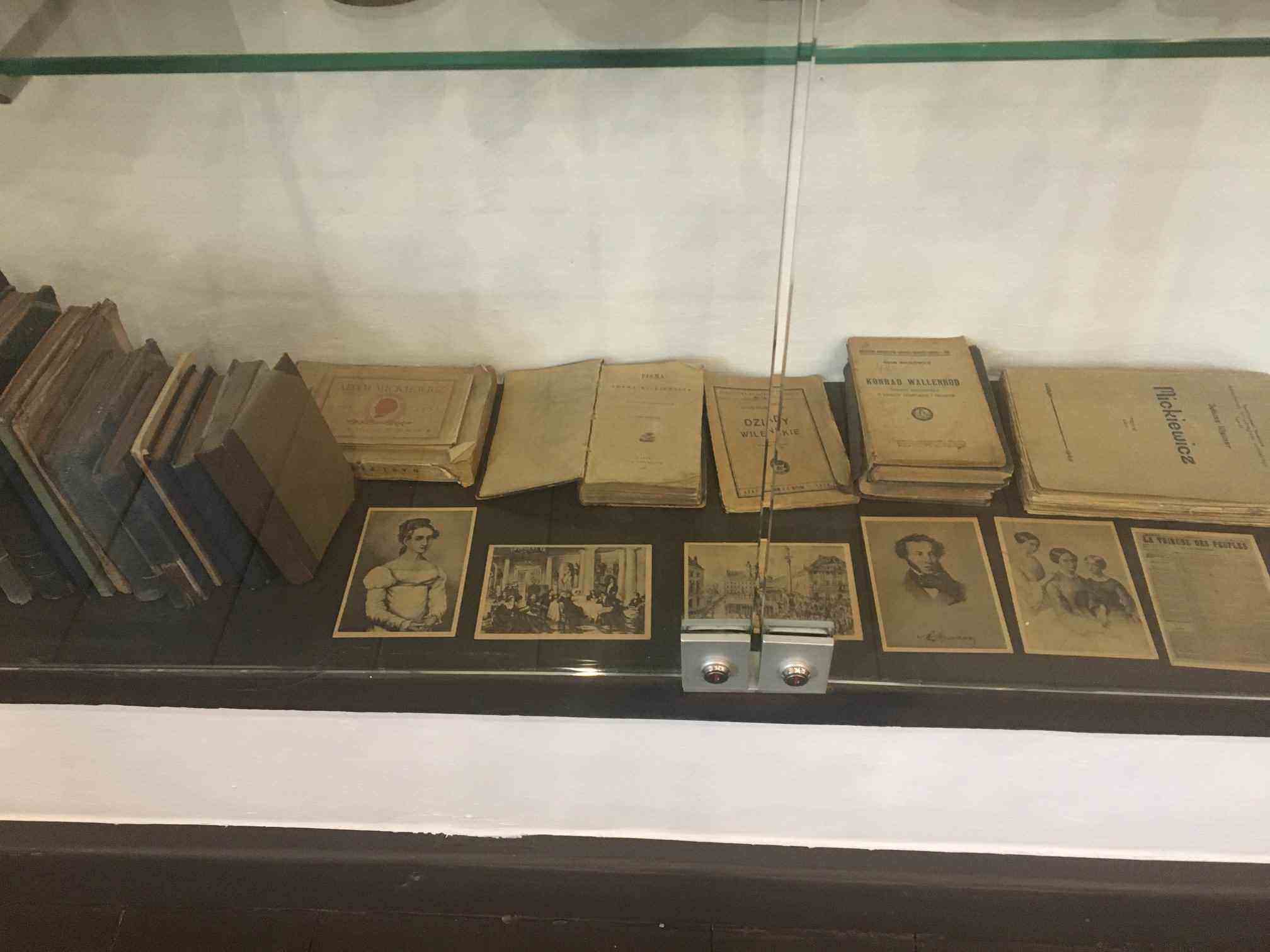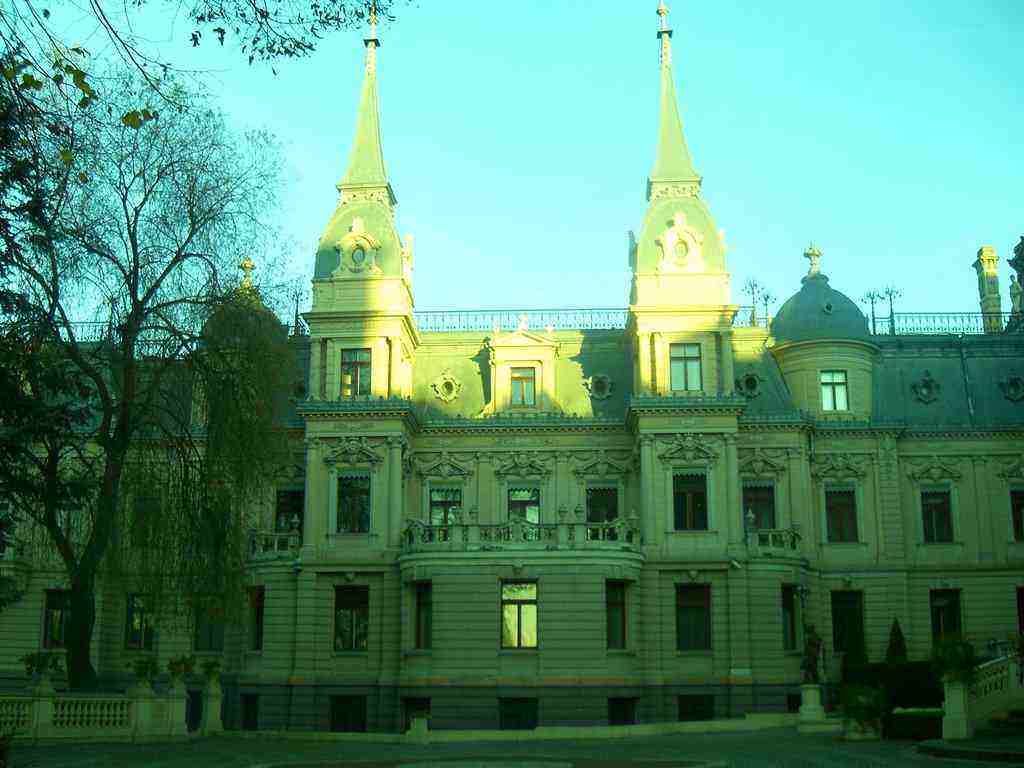Yes, and that was a state encompassing Poland, Lithuania, Belarus and Ukraine.
Indeed, but one must remember there were clearly two distinct states there rather than one until the year 1791 having been united in certain respects only (even armed forces were separate). There existed a strong national Lithuanian identification among members of the ruling class within the Grand Duchy understood as a political entity. This had nothing to do either with ethnicity or with language or denomination. Many of the gentry were Orthodox who next converted to Catholic. The majority, if not all, spoke Lithuanian or Ruthenian (as they called it then) at home and over generations the upper classes turned to Polish. Thus Adam Mickiewicz was strongly inscribed in that context, so it was natural for him to describe himself as "Lithuanian" even if the family spoke Polish at home. He couldn't see a slightest contradiction between being Polish and Lithuanian at the same time. He would strongly protest, however, against calling him a Crowner (Koroniarz), a term applied to those living in the former Kingdom of Poland (Crown) with the lands of Ruthenia (now Ukraine) detached from the Grand Duchy and adjoined to the Kingdom in 1569. The term 'Poland" slowly came into popular (but not official!) usage as the term meaning both units of the entity, the Grand Duchy and the Kingdom, seen together as one. And this is why Adam Mickiewicz thought of himself as being Polish, too.
